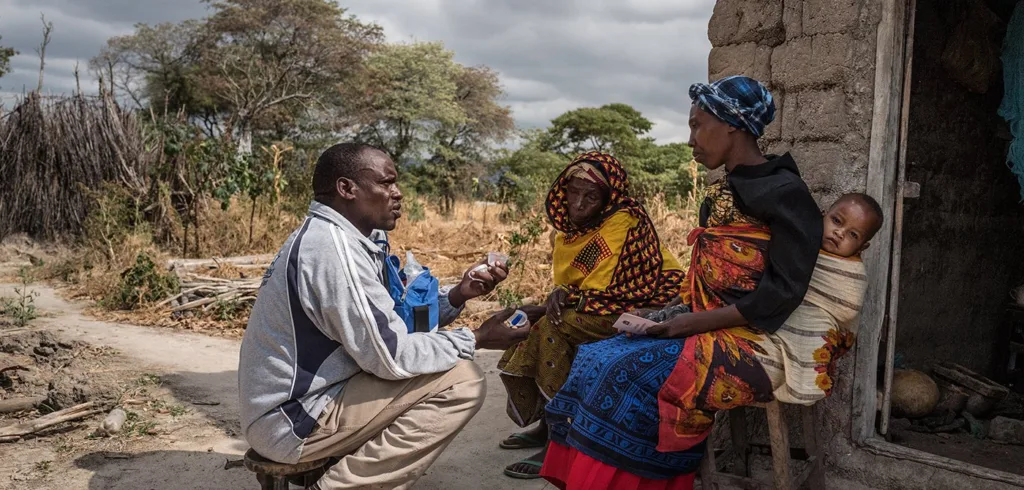The World Health Organization (WHO) and the Global Fund to Fight AIDS, Tuberculosis, and Malaria have announced a renewed commitment to collaborative efforts in addressing major communicable diseases. The signing of a new Strategic Framework for Collaboration sets the stage for a strengthened partnership, aiming to enhance health systems, maximize impact, and tackle emerging health challenges including pandemic preparedness and climate change.
This five-year framework builds upon the previous agreement signed in 2018 and aligns with the Global Fund’s 2023-2028 Strategy as well as WHO’s General Programme of Work. Emphasizing community-centered approaches, the framework also seeks to support countries in achieving the health-related Sustainable Development Goals, particularly Universal Health Coverage.
Dr. Tedros Adhanom Ghebreyesus, Director-General of WHO, highlighted the importance of collaboration amid global health budget constraints, emphasizing the need to expand access to services for AIDS, tuberculosis, and malaria. Recognizing the urgency to address these epidemics, coupled with emerging health challenges, the partnership between WHO and the Global Fund becomes increasingly crucial.
Peter Sands, Executive Director of the Global Fund, stressed the significance of collaboration in the face of interconnected crises worldwide. With vulnerable populations bearing the brunt of these crises, close collaboration between national governments, WHO, and the Global Fund becomes vital to strengthen local, community-driven health systems.
Noteworthy achievements have already been realized through past collaborations, including the implementation of differentiated service delivery for HIV, advancements in COVID-19 and TB testing, progress towards malaria elimination, and the development of evidence-based national strategic plans aligned with WHO guidelines.
The new framework enables the acceleration of innovative approaches, such as WHO’s Insecticide Treated Nets Guidelines for malaria prevention and the scaling up of shorter treatments for multidrug-resistant TB. It also underscores the importance of global health financing and efficient health financing systems to support countries in their health-related goals.
While progress has been made, the partnership acknowledges the ongoing work required to end AIDS, tuberculosis, and malaria epidemics and build robust health systems capable of responding to future emergencies. With their respective strengths, WHO and the Global Fund will collaborate across various areas, including health policies, normative guidance, advocacy, governance, health products, innovations, and technical support.
The strengthened partnership aims to address pressing global health challenges, enhance coordination, and ultimately improve health outcomes for communities worldwide.
Source: WHO


